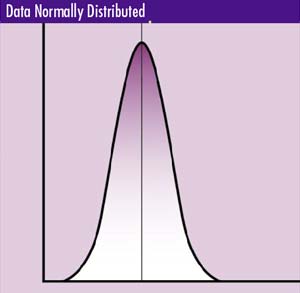Hart Faylior and his partner Ann S. Thesia are co-owners of a small medical-supply firm, In A Heartbeat Inc., which
manufactures devices related to cardiac care in hospitals. Its products include adhesive disks for EKG tests and other disposable and nondisposable supplies. In A Heartbeat's customers include
hospitals and clinics as well as other medical apparatus companies. End users are cardiac patients or others who are tested for heart function.  Faylior himself has always wanted to be in closer touch with end users of his products,
but because he is unsure of the impact that his name might have on a cardiac patient, he restricts his contacts to the health care organizations that purchase his products. Faylior himself has always wanted to be in closer touch with end users of his products,
but because he is unsure of the impact that his name might have on a cardiac patient, he restricts his contacts to the health care organizations that purchase his products.
One of In A Heartbeat's customers, St. Recover in the Long Run Critical Care Center, is demanding capability data, and Faylior has instructed Thesia to examine a process
for capability. This is a new concept for both of them because health care customers rarely request capability analysis. In fact, Faylior and Thesia have never
done capability analysis for any other customer, so they decide to work through the study together. Faylior reminds Thesia that the process must be identified as stable or in control
prior to pursuing capability analysis -- much like the patients who are served by In A Heartbeat's products. Thesia has created a control chart from the data that she has
gathered, using a sample size of five, to check the stability of the process. She then needs to verify that the data reflects a normal distribution by applying a chi-square  test (see Quality Digest, April 2001, page 24). Thesia finds
that the data can indeed be considered normal, based on this test, and is pleased that the capability analysis can proceed. "So far, so good," she reports to Faylior. test (see Quality Digest, April 2001, page 24). Thesia finds
that the data can indeed be considered normal, based on this test, and is pleased that the capability analysis can proceed. "So far, so good," she reports to Faylior.
After carrying out the capability study, Thesia sees that the Cpk is 0.74. Pondering the meaning of the outcome, she tells her partner that the process is "almost 75-percent
capable." Examining her data and the ensuing outcome of the capability study, Faylior is convinced that, in light of that
percentage, the process is indeed "capable enough" for this customer. Are Faylior and Thesia correct in their assessment of the situation? Exactly how capable does a process need to be? |